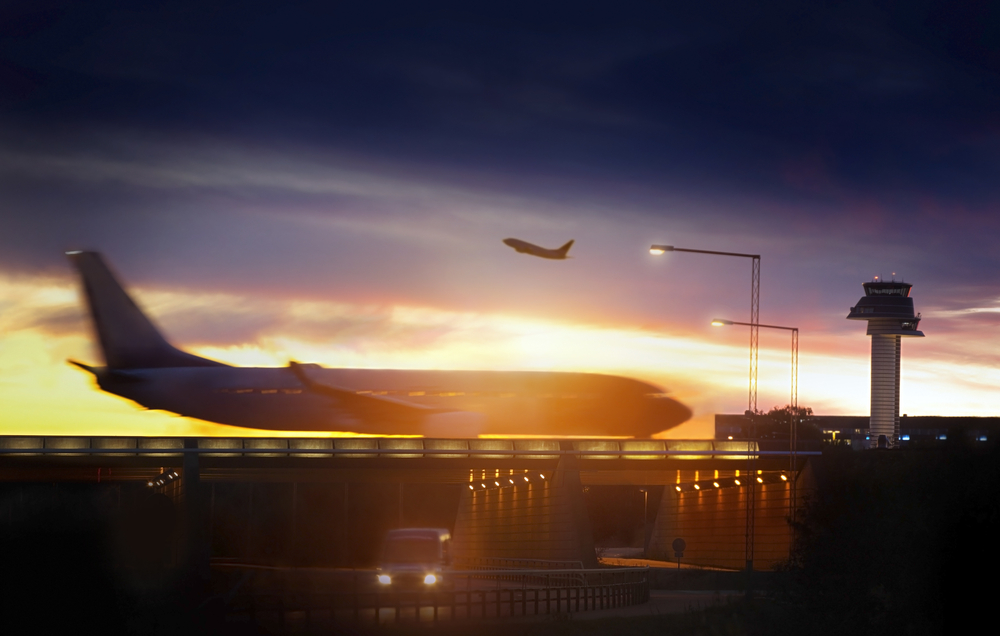
A new report from the Airports Council International (ACI) World shows the airport industry plays a vital role in global economic prosperity.
The annual Airport Economics Report and Key Performance Indicators report found that the airport industry contributed more than $178 billion to the global economy in 2018, an indication that the airport industry requires a fair, balanced, and equitable recovery after the COVID-19 pandemic is over.
“The COVID-19 outbreak has resulted in an unprecedented and dramatic decline in air travel this year,” ACI World Director General Angela Gittens said. “Airport revenue generation and growth are directly linked to traffic levels, and the global airport industry is expected to lose $76 billion in 2020.
Gittens said the reports prove the airport industry is a valuable part of the global economy, providing essential operations and millions of jobs.
The reports analyzed air transport demand, airport revenues, and costs, as well as looking at aeronautical and commercial revenues over time and across various dimensions. The findings were based on reviewing data from more than 900 commercial airports.
The report found that globally, airport revenues were up 4.3 percent in 2018, but that revenue per passenger was down 1.7 percent.
Of the airport industry revenues, nearly 56 percent was from aeronautical revenue, while nearly 40 percent came from non-aeronautical revenue. Non-aeronautical revenue came mostly from retail concessions (29 percent), car parking (20 percent) and property and real estate income or rent (15 percent).
The industry’s largest expense items were personnel expenses (34 percent) and contracted services (25 percent). Overall the industry had a 66 percent to 34 percent operating expense to capital cost ratio.
Gittens said the industry is anticipating a $76 billion loss this year because of the pandemic. Recovering from those losses and, in turn, helping the global economy bounce back, will require coordinated help as soon as possible, she said.
“Airports are facing difficult prospects right now because a significant proportion of airports’ costs—capital costs in particular—are fixed, leaving less of a cushion during a downturn, especially one of this unprecedented magnitude,” Gittens said. “As a significant portion of airport revenues goes to fund the much-needed capacity development once business as usual operations resume, any decrease in revenue may have a dramatic impact on airport development, and in turn on the airline business. This is because aviation is an interdependent and interconnected ecosystem, and, in order to stay afloat, it will require a coordinated and strategic response to overcome the unexpected difficulties and get back on track as soon as possible.”